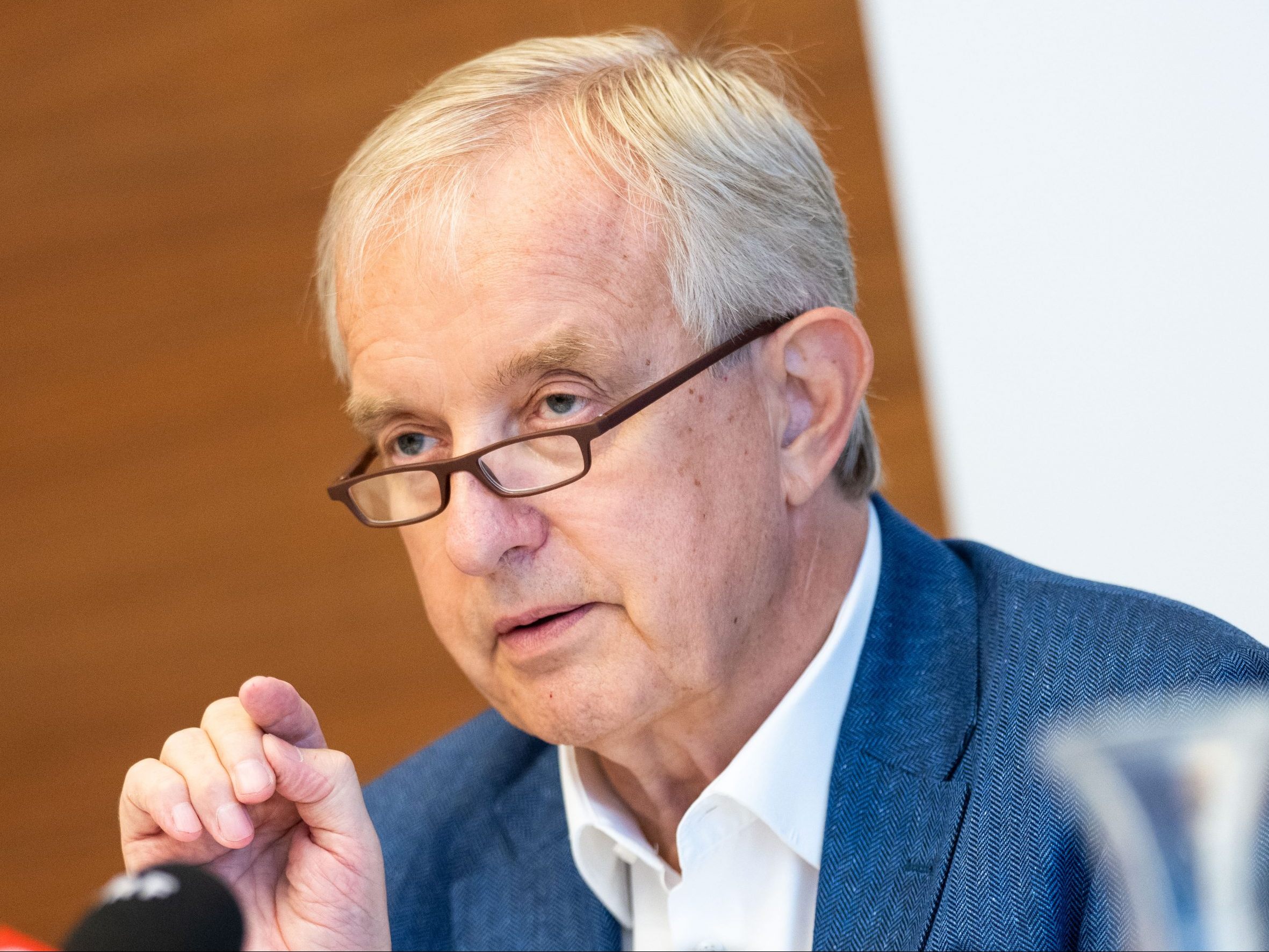Chamber of Physicians Demands "Professional Restructurer" for ÖGK

The Medical Association advocates, for example, the sale of real estate by the health insurance fund and the merger of IT companies. Additionally, the government is urged to send a "professional rehabilitator" to the ÖGK.
Medical Association Calls for Management Change in ÖGK and Closure of Outpatient Clinics
Medical Association President Johannes Steinhart described the development of the financial forecast as shocking. Not too long ago, there was talk of a slight surplus, and now there is a deficit of one billion: "That is indeed worrying." If this had happened in the private sector, he could not imagine that it would have passed without leaving traces on the management. Dietmar Bayer, deputy chairman of the panel of practicing doctors, was even more explicit. Given the figures, a management change would be normal for him.
Bayer also targeted the ÖGK's outpatient clinics. If an audit shows that they cannot be operated cost-effectively, they should be closed. There should be no new outpatient clinics until the imbalance is resolved. Rehabilitation facilities should be handed over to the pension insurance institution for synergy reasons. The IT companies of the fund, namely SVC, ELGA, and IT-SV, should be merged. Bayer criticized that three companies are being operated with three different standards.
Demanded Solidarity Contribution Rejected by Medical Association
More money should also flow into the system from taxes. The Medical Association envisions a temporary co-financing through an increase in levy rates. The reason for the medical profession even creating a plan for the rehabilitation of the fund was that McDonald recently demanded a solidarity contribution in an APA interview. This "very populist argument" outraged him, said Chamber President Steinhart. For 15 years, a harsh austerity course has been pursued in the health system, and it particularly affects practicing doctors.
On the other hand, the only thing that has changed due to the merger of the regional health insurance fund is the logo, Bayer added: "People continue to stroll around as before." Instead, the blame is being shifted to the doctors. The fund can keep that blame. The approach is also "not trust-building" and "massively demotivating," Steinhart explained.
The chamber president reminded that Austrian doctors are valued abroad and there is a risk of them leaving for other countries. With one sentence, a disastrous blow has been dealt to the medical profession. The doctors are certainly not responsible for the crisis in social insurance. Medical services account for only 15 percent of the ÖGK's budget, Steinhart emphasized.
ÖGK Surprised by Criticism from the Medical Association
The "confrontational course" of the medical association is "incomprehensible" to the ÖGK. Good solutions arise from dialogue, not from populist media appearances, said chairman Peter McDonald in a statement. The economic situation of the health fund was not caused by management errors, but by stagnant contributions and rising expenses due to demographic developments, added deputy chairman Andreas Huss.
The demand for a state crisis manager for the ÖGK also causes head-shaking for McDonald and Huss. Recently, the Court of Audit found great potential for improvement in the supervision of medical associations: "Even sitting in a glass house, one should know that the responsible supervisory authority, the Ministry of Health and Social Affairs, is always represented at decision-making meetings of the ÖGK."
From the FPÖ, there is both approval and rejection for the proposals of the professional association. Health spokesperson Gerhard Kaniak supports the proposal to merge the health IT companies. However, the closure of outpatient clinics is rejected. Just because the ÖGK is not able to do so does not mean that they cannot be economically maintained. Rather, private operators should be sought for this purpose.
(APA/Red)
This article has been automatically translated, read the original article here.





